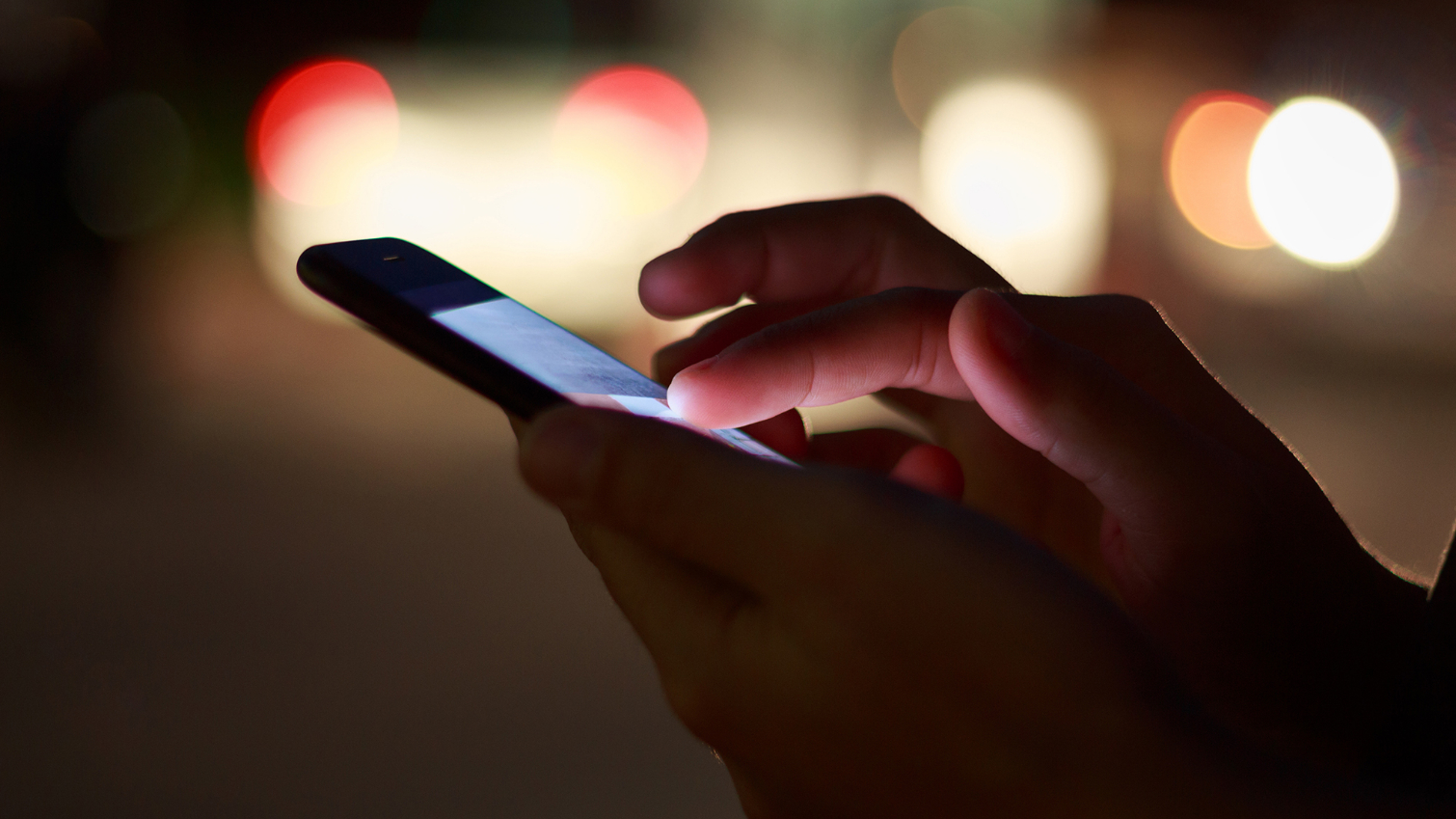Fraudulent Ads Are Ruining Your Phone's Battery Life
Some Android apps have been concealing autoplay videos behind banner ads. And the effect is catastrophic to your smartphone's battery.
Here at Tom’s Guide our expert editors are committed to bringing you the best news, reviews and guides to help you stay informed and ahead of the curve!
You are now subscribed
Your newsletter sign-up was successful
Want to add more newsletters?
Join the club
Get full access to premium articles, exclusive features and a growing list of member rewards.
Several popular Android apps have been concealing scores of autoplay video ads behind harmless-looking banner ads, draining phone batteries, according to a report from BuzzFeed News. Due to the surreptitious nature of the fraud, users weren't any the wiser.

At the center of the controversy is an Israeli ad-tech company called Aniview, whose fake banner ads — consisting of mockups emulating many famous brands, such as McDonald's and Disney — hid multiple videos in the background that would run indefinitely beneath the surface. However, other ad-tech companies, which BuzzFeed did not name, are suspected of similar scams.
The banner ads were distributed via Twitter's MoPub ad platform, which many apps employ, although the specific apps and number of users affected isn't currently known. Neither Twitter nor the Android app developers appear to have known of the scams. Most of the ads in this specific case have been removed, but ad fraud continues to be a huge problem on both desktop and mobile devices.
MORE: 10 Worst Online Scams and How to Avoid Them
The scheme was discovered by Israeli ad-fraud-watchdog group Protected Media and corroborated by the U.S. ad-fraud-watchdog firm DoubleVerify, which ran its own investigation, according to BuzzFeed. The covert videos would register as played, even though they weren't actually seen by anyone, stealing ad revenue from the app publisher while siphoning battery life and resources from the user's device without the user knowing.
Villain or victim?
Aniview, the ad-tech company named as the culprit by Protected Media, claims that it was as much of a victim in this affair as the apps that hosted the fake ads. The firm's CEO, Alon Carmel, told BuzzFeed that he believed a malicious third party injected these videos into its code, and added that Aniview had been working to stop the abuse since Protected Media alerted Aniview of the problem in February.
Get instant access to breaking news, the hottest reviews, great deals and helpful tips.
OutStream Media, an Aniview subsidiary, is also implicated in the scandal, although Carmel couldn't elaborate as to how the theoretical bad actor was able to infiltrate its systems.
Carmel said that Aniview was in the process of shutting down OutStream Media, and admitted that he had removed the profiles of some OutStream employees from the Aniview website after being contacted by BuzzFeed News. He said that a link within the ad-fraud code to a domain owned by one of Aniview's co-founders, and fake banner ads hosted on Aniview's servers, must have been appropriated by third parties.
"We are fighting against bad activities, pushing and focus on clean and legit activities and should not be blamed or framed for bad use of our platform," Carmel told BuzzFeed.
Draining your battery more and more every year
Although it's hard to quantify the effect these covert video ads had on battery life, phone makers are already struggling with waning longevity despite the fact that the batteries in today's handsets are larger than they've ever been.
The average battery life of phones we test here at Tom's Guide, using our own, proprietary system which cycles through webpages endlessly over LTE, declined over the course of 2018 compared to the previous year. The Washington Post cited our findings, alongside similar data from CNET and Consumer Reports, following the release of the iPhone XR last November.
There are many potential causes as to why battery life may be sliding, including thirstier, more powerful processors and bigger, brighter displays. But ads — and especially irresponsible ads at that — also play a role.
Protected Media CEO Asaf Greiner said a number of other ad-tech firms were involved in practices similar to what Aniview had been linked to, and that Aniview was simply the one about which Protected Media could gather the most evidence. That indicates that the problem is getting worse, not better. If users are likelier to encounter fraudulent ads, then battery life will only continue to suffer.
Adam Ismail is a staff writer at Jalopnik and previously worked on Tom's Guide covering smartphones, car tech and gaming. His love for all things mobile began with the original Motorola Droid; since then he’s owned a variety of Android and iOS-powered handsets, refusing to stay loyal to one platform. His work has also appeared on Digital Trends and GTPlanet. When he’s not fiddling with the latest devices, he’s at an indie pop show, recording a podcast or playing Sega Dreamcast.
 Club Benefits
Club Benefits










